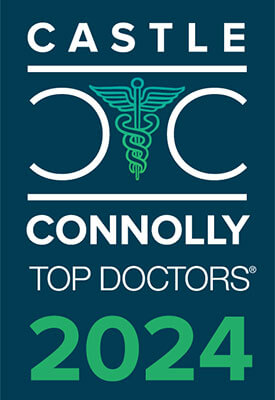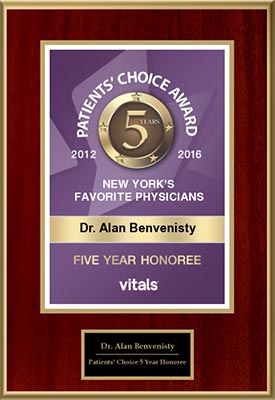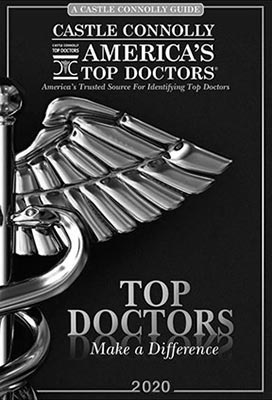Summertime Stroke Prevention

As the temperature rises and the days get longer, many of us look forward to spending time outdoors, enjoying the sunshine and engaging in summer activities. However, it’s important to remember that the summer months also present unique health challenges, including an increased risk of stroke.
NYC Vascular Surgeon Dr. Alan Benvenisty, MD, offers some simple precautions that can reduce your risk of experiencing a stroke during the summer season.
Stay Hydrated
One of the most important factors in preventing a stroke during the summer is staying properly hydrated. Dehydration can increase the viscosity of the blood, making it more likely to clot. As the temperatures rise, it’s essential to drink plenty of water throughout the day, particularly if you’re spending time outdoors or engaging in physical activity. Avoid excessive consumption of alcohol and caffeinated beverages, as they can contribute to dehydration.
Protect Yourself from the Sun
Prolonged exposure to the sun can lead to overheating and dehydration, both of which are risk factors for stroke. When spending time outdoors, especially during the hottest parts of the day, be sure to protect yourself by seeking shade, wearing a hat and using sunscreen. It’s also important to dress in lightweight, breathable clothing that provides adequate coverage.
Maintain a Healthy Diet
Eating a well-balanced diet is important for overall health, but it can also help reduce your risk of stroke. During the summer, take advantage of the abundance of fresh fruits and vegetables available and incorporate them into your meals. Foods rich in antioxidants and nutrients, such as berries, leafy greens and fish high in omega-3 fatty acids, can help support heart health and reduce the risk of stroke.
Stay Active Safely
Summer provides ample opportunities for outdoor physical activity, from swimming and hiking to playing sports. Regular exercise is essential for maintaining cardiovascular health and reducing the risk of stroke. However, it’s important to exercise safely, particularly in the heat. Choose cooler times of day for outdoor activities, and listen to your body to avoid overheating. If you have any concerns about your exercise regimen, consult with a healthcare professional.
Know the Warning Signs
It’s crucial to be aware of the warning signs of stroke and to act quickly if you or someone else experiences them. Common symptoms of stroke include sudden numbness or weakness in the face, arm or leg, especially on one side of the body; confusion; trouble speaking or understanding speech; trouble seeing in one or both eyes; dizziness, loss of balance or coordination and severe headache with no known cause. If you suspect that you or someone else is having a stroke, call emergency services immediately.
Manage Underlying Health Conditions
If you have underlying health conditions such as high blood pressure, diabetes or high cholesterol, it’s important to manage them effectively to reduce your risk of stroke. Take any prescribed medications as directed, attend regular check-ups with your healthcare provider, and maintain healthy lifestyle habits to keep these conditions under control.
New York Stroke Prevention and Treatment
It is essential to remain vigilant about your health, particularly when it comes to stroke prevention. Remember to pay attention to warning signs of stroke and seek medical attention promptly if you or someone else experiences them. With these precautions in mind, you can make the most of the summer while prioritizing your well-being.
Posted on behalf of
440 West 114th St, Second Floor
New York, NY 10025
Phone: (212) 523-4706
Monday & Friday 9:00 AM – 5:00 PM







